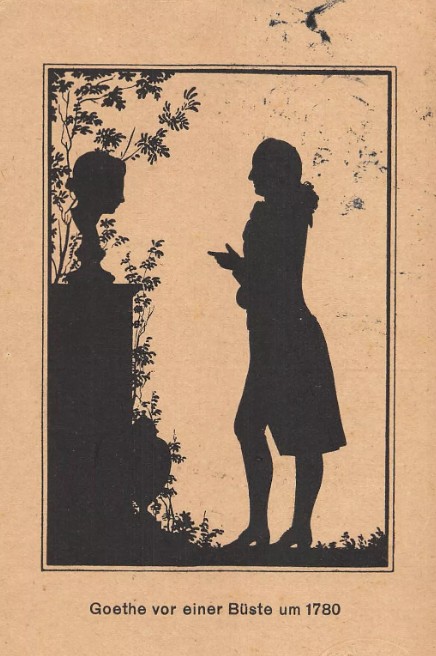
Johann Wolfgang von Goethe as an art and music critic
“Where words leave off, music begins.”

Goethe was not only one of the greatest writers and poets in German literature, but also a profound connoisseur and critic of art, music, and theater.
From childhood, his father instilled in him a deep love for classical art, which he had acquired during his own trip to Italy. Wolfgang himself traveled to Italy (1786–1788), where he had the opportunity to reflect on classical art, developing an aesthetic based on harmony, balance, and the imitation of nature.
His observations are recorded in the Italian Journey, where he offers deep commentary on ancient and Renaissance artworks, as well as in numerous other writings on art criticism. In these, Goethe values art as a manifestation of the Idea, a concept close to Platonic thought. He expresses admiration for works of art that manage to fuse idealization and realism, while rejecting both mannerism and excessive Romantic subjectivity.
In 1810, he published the Theory of Colours, in which he opposed his qualitative and subjective view of color experience to Newton’s scientific explanation. This work had a great influence on artists such as Turner and Kandinsky, although it was criticized by the scientists and physicists of his time.
Goethe had a remarkable sensitivity to music, which allowed him to form a deep personal relationship with it: although he lacked musical training and skill, he greatly appreciated the talents of many musicians and composers, including Carl Friedrich Zelter, with whom he maintained a rich correspondence, and Felix Mendelssohn Bartholdy, whom he met and admired when the composer was still a child. Goethe praised Mendelssohn’s precocious genius, even comparing him to Mozart. He also had a complex relationship with Beethoven.
In numerous writings and letters, Goethe expressed aesthetic judgments on music, showing a preference for formal clarity and classical harmony, while expressing reservations about the excessive expressiveness of Romantic music.
Goethe was also a man of the theater, having long held the position of Director of the Court Theater in Weimar. In this role, he modernized the German stage, promoting a sober and classical style of acting and supporting the importance of direction and stage design.
He wrote many essays on theater. For Goethe, the theater was meant to educate and elevate the audience, not merely to entertain. He admired Molière and Shakespeare, but sought to harmonize their styles with the classical model.
His theatrical works, such as Iphigenia in Tauris, Egmont, and especially Faust, demonstrate a deep awareness of the stage, a keen attention to music, and a strong sense of dramatic effect.
Goethe Haus Palermo
A site about the extraordinary figure of Goethe.
Per ogni commento su questa pagina e per la segnalazione di eventuali errori, inviare un’email a info@goethehaus.cloud.
Subscribe to our Newsletter!
